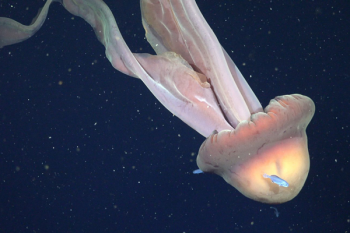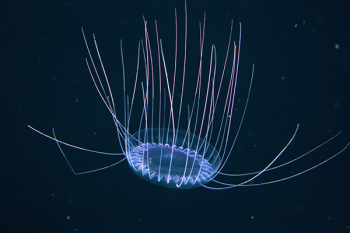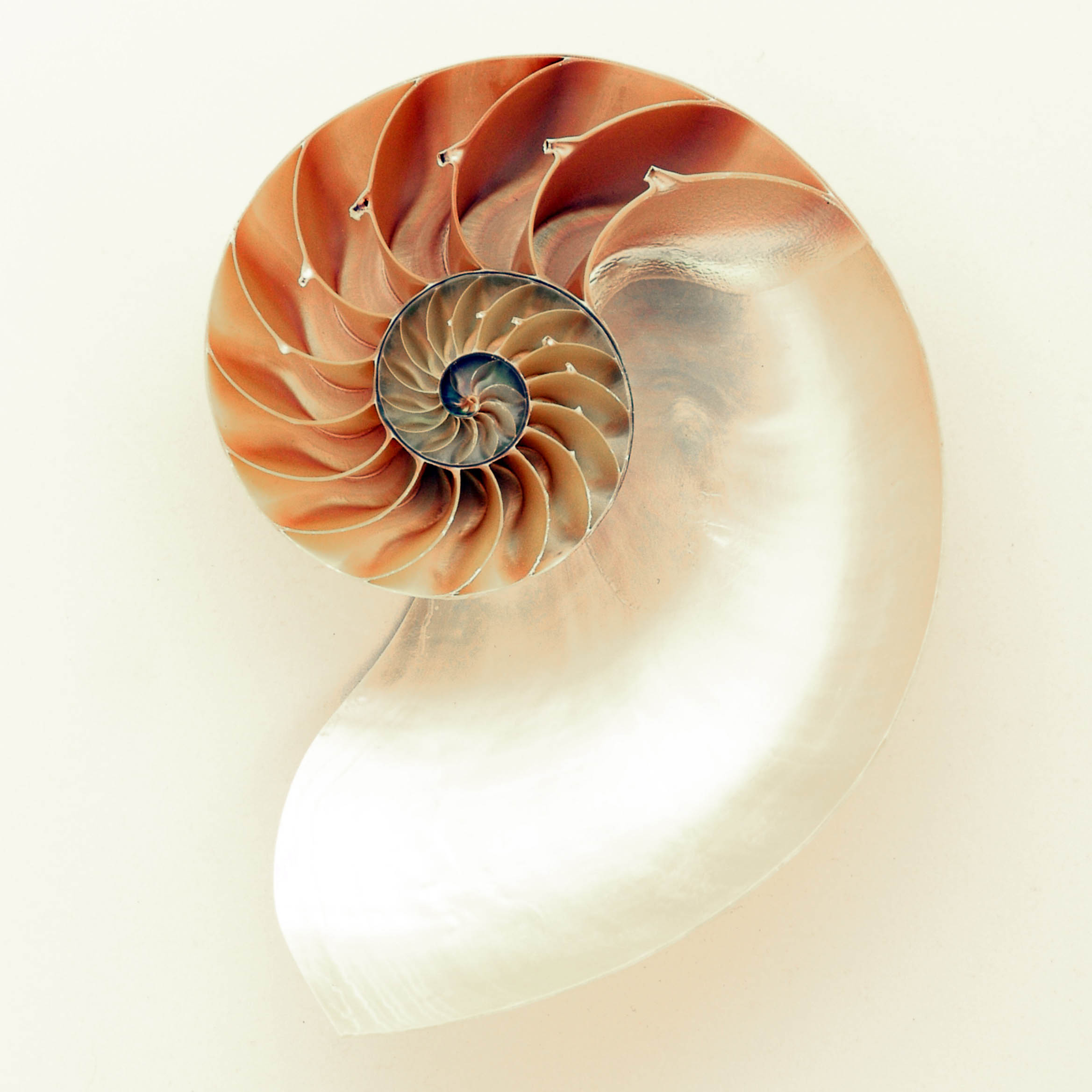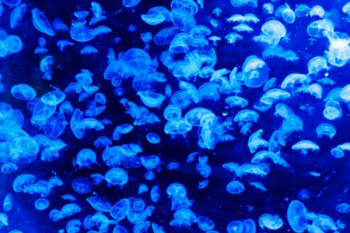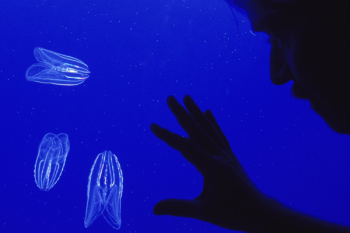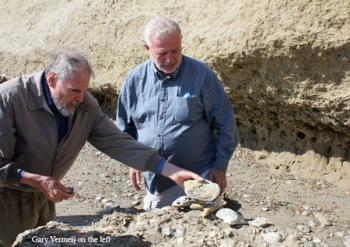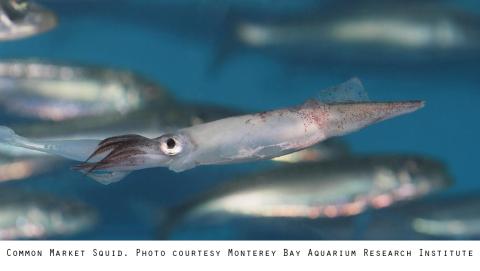
We know the oceans are warming. We have evidence that that’s not a good thing. What is of additional concern is the effect of warming temperatures on natural ocean food webs. More cephalopods means more voracious predators eating more prey. And all this ‘more’ may be a serious problem.
No question, cephalopod numbers are increasing along with the ocean temperature. Squid, (adaptable, fast-moving predators), are expanding their ranges and successfully finding new food. For example, the squid we eat are showing up in Alaskan waters once too cold for them.
Humboldt squid (jumbo squid), have increased their habitat both north and south. These squid can tolerate a wide range of temperatures and oxygen concentrations-- making it easier for them to thrive in our changing oceans. With more and more fishing removing competing predators, jumbo squid are finding new available prey. They’re range has expanded from Peru to central Mexico to Chile to Alaska. That’s a BIG range!
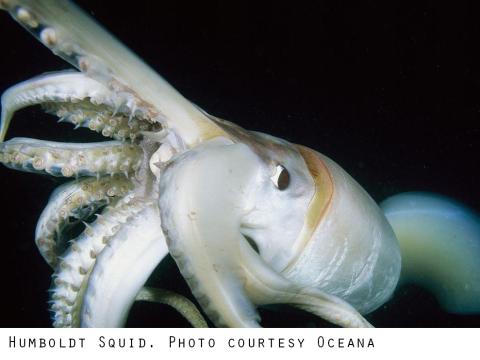
Scientists have documented other cephalopods expanding their ranges. For example, one octopus in Australia is moving into warmer waters. Since most species have fast growth rates and short lifespans, they can easily adapt to new ocean environments.
The long-term effects of climate change on cephalopods are not completely clear. One thing is for sure, climate change is having a weirdly unpredictable effect-- squishing reproduction time to less than a year and messing with mating gatherings in the process.
Watch this youth-created video about Humboldt squid
Read more in Scientific American: Octopus and climate change
